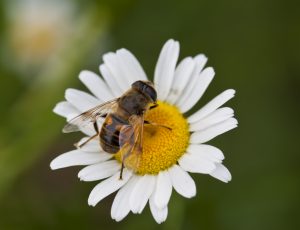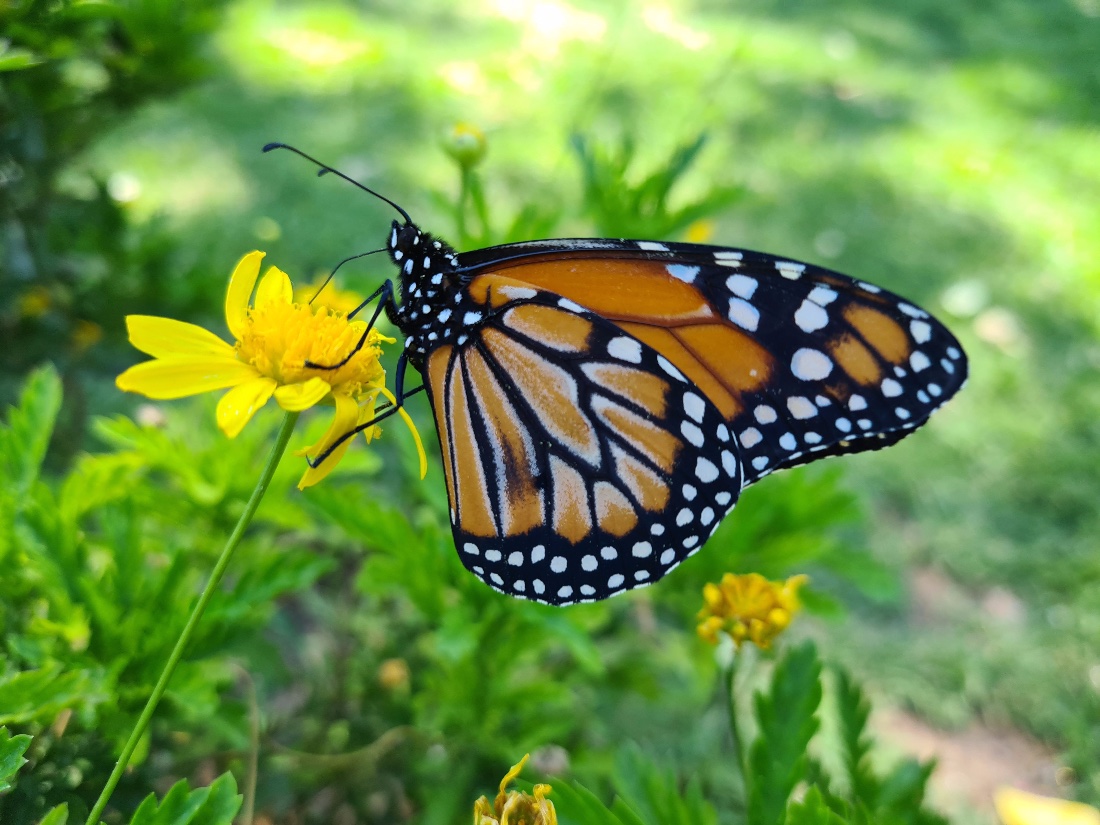With all this warm weather recently, it may feel as thought we have transitioned straight from winter to summer… however April is famously fickle and it’s safe to assume that spring is still unfolding and that there’s no better time than now to get organized and plan your garden for the summer months ahead. A vital part of that vision includes bird, bees, butterflies and other pollinators dancing from one flower to the next, spreading all-essential pollen.
We need pollinators like bees, beetles, butterflies and, yes, even flies — to protect our primary food source of fruits, vegetables and field crops. Some 80% to 95% of all plant species require some form of pollination and creating a “pollinator garden” is one way we can help the balance of nature do its magic, at the same time ensuring humans of a continuing, affordable food supply.
A Pollinator Garden is designed and planted with specific nectar- and pollen-producing plants in a way that attracts pollinating insects. Some guidelines to create a pollinator garden include:
• Use local plants,
• Design with blooms and diverse species that will bloom in sequence, all season long,
• Plant in bunches of 5 to 9 plants or more,
• Avoid “double-bloom” varieties. The extra petals, although pretty, can be a barrier for pollinators,
• Stay pesticide free – consider ladybugs as a natural pesticide alternative,
• Plant milkweed for the Monarch butterflies, and
• If your garden permits, leave a section undisturbed, un-mulched, and un-watered for those insects who live in the ground, which includes 70% of our native bees.

Recommendations for annual and perennial flowers to plant in your Pollinator Garden or hanging basket could fill this page and several more. Orillia’s Hardiness Zone is between 4 and 5, which supports a lot of diversity and choice for your garden. Visit your local garden centre to see the selection of local plants available to build your 2023 Pollinator Garden. And have fun with it – get your children and/or grandchildren involved.
They will love learning about pollinators first-hand, plus the rewards of their labour are always a delight for everyone.
Thoughts of sunny days and beautiful gardens will keep us warm, when inevitably chillier temperatures return – just to remind us: this is Canada after all!

